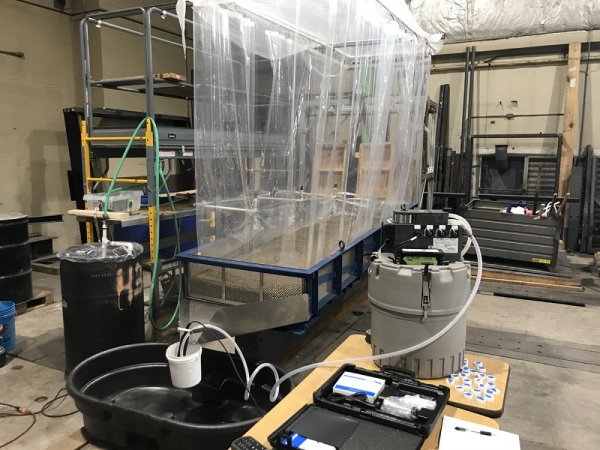Short-lived aerosols from smoke helped researchers pinpoint some of the key processes drawing levels of carbon monoxide down.
articles
Oil and Gas Brine 'No Better' Controlling Dust Than Rainwater, Researchers Find
Wastewater, commonly used as a dust suppressant for unpaved roads, also has significant environmental implications.
Scientists Shine New Light on Role of Earth’s Orbit in the Fate of Ancient Ice Sheets
Scientists have finally put to bed a long-standing question over the role of Earth’s orbit in driving global ice age cycles.
Report Shows Impact of Higher Crop, Input Prices
Agricultural and Food Policy Center analysis reflective of 64 representative crop farms
Siberian Tundra Could Virtually Disappear by Mid-Millennium
Due to global warming, temperatures in the Arctic are climbing rapidly.
Sensor Network in the Forest to Improve Forecasts of Climate Change Impacts
The German Research Foundation (DFG) will fund the Collaborative Research Center CRC 1537 "ECOSENSE" from July 1, 2022.










